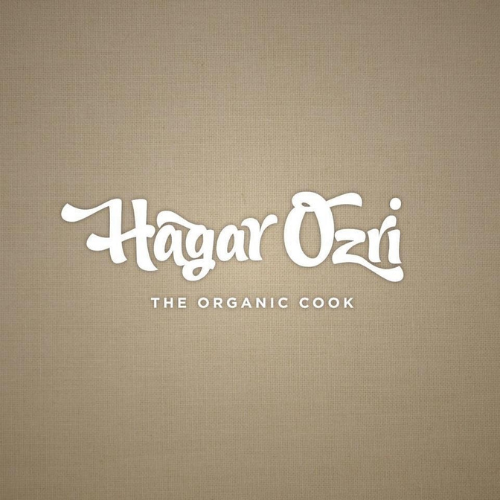Slow Food
“...It would require the dismantling of the current industrial model and it’s
replacement everywhere with community-led production, based on local, seasonal
foods and starting with a drastic reduction of the production and consumption of
industrially farmed meat, which between 2018 and 2020 was responsible for 54% of
the greenhouse gas emissions linked to food.”
Says Edward Mukiibi, president of Slow Food International, in an article speaking
about the COP27 (article link https://www.slowfood.com/cop27-risks-becoming-an-opportunity-for-
multinationals-to-negotiate-their-right-to-pollute/)
The ‘Slow Food’ movement was started in Italy by Carlo Petrini and a group of
activists in the 1980s with the initial aim to defend regional traditions, good food,
gastronomic pleasure and a slow pace of life.
Petrini, outlines many different routes by which we may take back control of our food.
The three central principles of the Slow Food plan are these:
●food must be sustainably produced in ways that are sensitive to the
environment,
● those who produce the food must be fairly treated,
● and the food must be healthy and delicious.
In his travels around the world as ambassador for Slow Food, Petrini has witnessed
firsthand the many ways that native peoples are feeding themselves without making
use of the harmful methods of the industrial complex.
From Slow Food Manifesto: “Slow Food envisions a world in which all people can
access and enjoy food that is good for them, good for those who grow it and good for
the planet…Slow Food recognizes the strong connections between plate, planet,
people, politics and culture” (https://www.slowfood.com/wp-
content/uploads/2015/07/Manifesto_Quality_ENG.pd)
Cafes and restaurants wanting to embrace the sustainable practices declared by the
Slow Food movement, can join “Slow Food” and be given a certification called “Snail
of Approval“ (The logo for the movement is a snail). This helps raise consumers'
awareness to take more care when choosing their food,
“Our buying choices have a direct influence on nature”... says Chef Daniel “ …This is
the power we have: to become co-producers, to support a given type of production
through our choices. Great collective changes take place with small individual
actions” from the 2016 Slow Food Almanac.
Today Slow Food represents a global movement involving thousands of projects and
millions of people in over 160 countries.” (from https://www.slowfood.com/about-us/our-
history/)
In Dunedin we have an active group called Slow Food Youth Otago, their
representative Gabby Arnott told me this:
“The Slow Food Youth Otago group was born out of International Day of Awareness
of Food Loss and Waste last year. It has created an opportunity for students who
have a connection with kai to share kōrero (and food!) in an educational and
nourishing space.
Slow Food begins from looking after the land, to then - seed, to how it gets to our
plate, the way we consume it, and lastly, the way we dispose of it! Events focussing
on these values have included a pollination workshop, potlucks, an orchard tour at a
permaculture/no till garden (George Street Orchard), a soup day that utilised
vegetables and fresh bread generously donated from Kiwi Harvest to raise
awareness of food waste, a Q&A session with Sophie Merkens (author of Grow), a
compost bucket system utilising Otago Polytechnic's large scale worm farm and
compost facility, a moving screening of the food waste documentary Why Waste, and
volunteering at the amazing Pātaka Ora free kai service at Araiteuru marae. We
hope to create more mindfulness surrounding food within student culture, in turn
making sure Papatūānuku is respected and cared for during our studying journeys.”
It’s very positive and encouraging to know our youth are so proactive in making
changes that are desperately needed. (to join you can make contact with Gabby
here arnga301@student.otago.ac.nz )
Slow Food is a guide to us all, it gives inspiration for community and local
networking; it empowers us to stand up for our right to good food as it is naturally,
and for our right to food sovereignty and securing our food systems ourselves.
We can take steps towards change, for example:
●making stock/vegetable broth from the ends and peels of vegetables to
minimise waste
●being more conservative with our consuming choices in the store - buy only
local and seasonal
●learn what our native/ local crops are and grow them in our gardens, source
seeds from a local seed bank (see links below)
●learn what grains grow locally and where to source them (see links below)
●Join Slow Food and start a ‘Slow Food Community’
● look out for food establishments who have the ‘Snail of Approval’ certificate
Some links :
Local Seed Bank https://www.urbanorganics.org.nz/
Local grains:
NZ bio grains https://www.biograins.co.nz/ ,
Millmore Downs grains https://www.milmoredowns.co.nz/shop/buy
Midlands seeds and foods https://www.midlandsnz.com/

